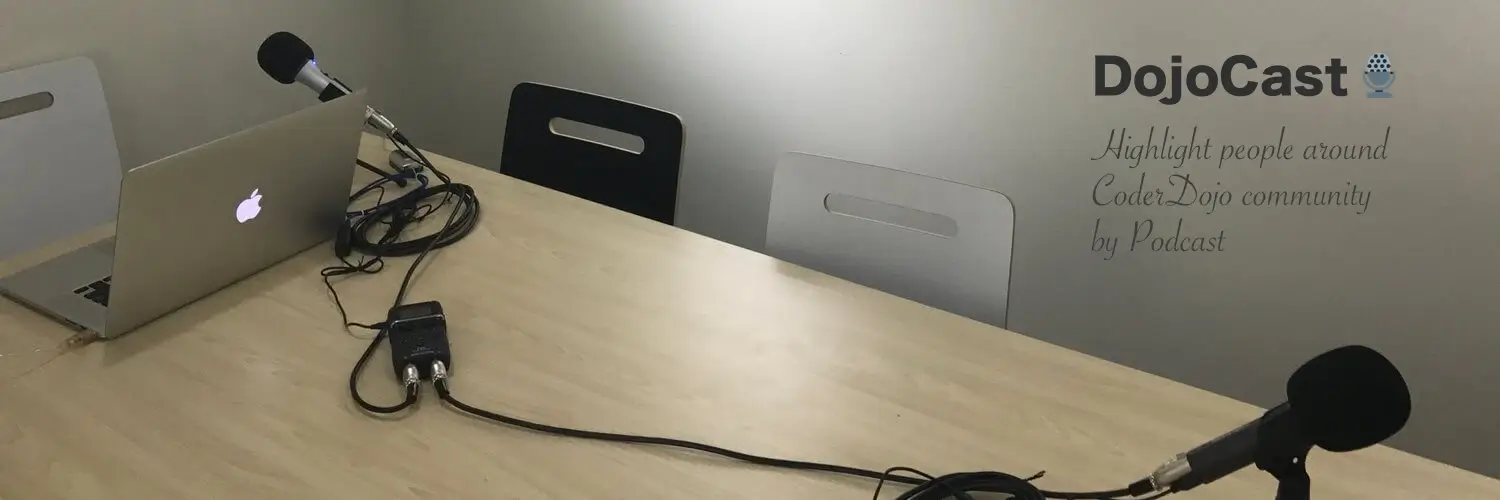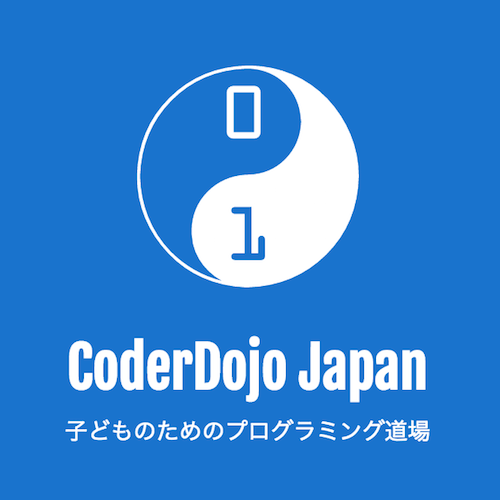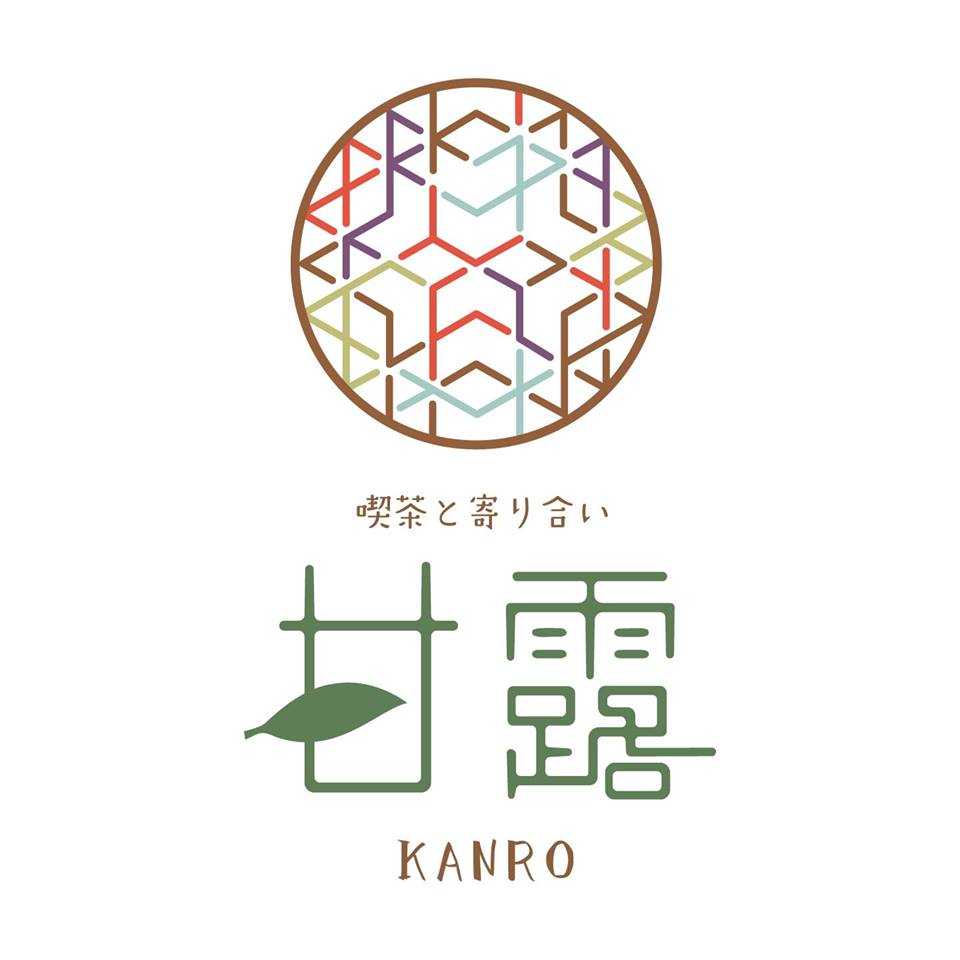📻 [EN] The 1st CoderDojo and the Global Vision
公開日: 2019年5月18日(土)
Guest: Bill Liao, co-founder of CoderDojo. He shares the story behind the 1st CoderDojo, why he started it with James Whelton (the other co-founder), and what inspired the rule “Be Cool!”.
Photo Credit: @mjk_0513
🎥 Watch on YouTube
🎤 Shownote (話したこと)
🆕 CoderDojo 富山の山村さんが和訳を用意してくれました! → 和訳を読む
【イントロ】
Hi there, I'm Yohei Yasukawa from CoderDojo Japan. DojoCast is a podcast that highlights people around CoderDojo communities. And we usually invite a guest to talk and record it and publish it from this podcast. Today's episode is some kind of special. Last week, we had a talk event with Bill Liao, who is a co-founder of CoderDojo. He visited Japan and we had a casual meetup in Tokyo. And then I did record his talk. So this episode is playing his talk. So just enjoy listening to his talk. (※ Podcast 版でのみ収録)
【トーク内容】
CoderDojo Zero started nearly eight years ago in Cork, in Ireland. It grew, it was designed to grow. It was designed to copy itself, to be self-replicating. And now there's about 1,800 dojos in 90 countries. And Japan is a very strong... As you can see, it's very strong in many countries.
But there are also many countries where there's no CoderDojo at all. And so one of the things that we want to see is dojos spreading to countries like China, Mongolia, more in central India, places where kids really have got a disadvantage. Because right now, there are a lot of kids in the world that are not doing great. And if they can get code and internet, they can do anything.
When I started with James CoderDojo, the reason that we started was in my day job, I'm an investor. I'm a venture capitalist. I invest in startup companies. And James had a startup. And mostly when a company comes to me, they say, Will, give me money. And I go, maybe. And I asked them one question. If they have a tech startup, I asked them, how many programmers do you have? And many times they come to me and they say, we've got a great CEO, great CFO, great marketing person, no coders. It's a bit like starting a restaurant and saying, great waiter, you know, great marketing, great decor, no chef. And so I say, I'm sorry, but no money.
And James came to me, he was 18. And he said, I said, he said, Bill, give me money. I said, OK, how many programmers? He said three. I said, you're 18. How did you get three coders? And he said, I taught them at my school. I said, tell me more. And he said, well, I started a programming club in my school for kids. I said, that's great. You must be very happy. And he said, no, I'm very sad. I said, why? He said, I finished school and they've closed the club because I was the only person in the school who knew how to code. Now, as an investor, I'm thinking to myself, ah, this explains a lot. Why everyone comes with no programmers is because nobody is teaching them how to code. This was eight years ago.
So I said to James, why don't we start your club outside the school? And he said, oh, no, it would be very hard. We would have to rent a venue. We would have to charge money. And I said, what if I could get somebody to give the venue for free? And we make it free. And he said, Bill, you're crazy. And I said, watch this space. And I rang the software programming business in Cork. And I said, give me your training room for free. And they said, Bill, you're crazy. But I waited. And eventually they said, what do you want it for? And I said, I want to teach all the kids in your area who can't afford to learn. I want to teach all those kids how to program for free. And they said, oh, come. So we started in that office, the first dojo ever.
And it took us about three months to figure out what we were doing, because even though James had run a little club in his school, we had no idea. So we tried lots of things and we worked out over time how best to get kids to learn to code powerfully. And the answer is very simple. Give them freedom. The more freedom you give them, the faster they learn. And when I set up the first dojo with James, we came up with the name. The first name was not good. Saturday morning programming club for kids. It's not a good name. But my family, myself and my kids and my wife, we do Kendo. And I thought, KendoDojo..? CoderDojo! And so we came up with that name and people liked the name. They went, dojo? What's dojo? And we said, oh, it's where you learn powerful stuff. And they were like, great, let's do it. So that's the name.
And then when we were starting very early on, the parents asked me, what are the rules? What are the rules in Kodo dojo? And I thought, this was in the first week, and I was thinking, oh, what are the rules? That's a good idea. We should have rules. So I went and I looked at Boy Scouts and there were rules, many, many rules. And then I went and I looked at soccer clubs, many, many rules. And I started to look at the rules, you know, and I ended up with a big, long list of rules. I mean, I can't remember all these rules. This is very hard. And I noticed something that all the rules were saying, no. No, no, don't do this. No, don't do that. No, don't do this. And I thought, it's not very friendly. So I said, what about we make the rules? Yes, we want this. We want this. We want this rather than no, no, no. Because I know from my kids, if I tell them no, they do it. So I thought, OK, well, maybe we make the rules positive.
And we thought about what we wanted. And at the end of a long process, we ended up saying just one rule for the kids. Be cool. Everything we want them to do is just to be cool. You make a new Scratch game. That's cool. Be cool. You know, you invent a robot. You know, you go to coolest projects. The one rule, be cool, became coolest projects. Because we just look for whatever is cool. And the kids know if you say that's cool, they love it. And if you say, oh, that's uncool, they're like, oh, I don't want to do that anymore. It's much easier with just one rule. And it's easy to remember for me.
Many times we were asked by parents, why don't you charge money? And the answer is James and I decided that if you put a cost on this, you make inequality. Even if you may charge some kids and you make others free, they never feel the same. They're unequal. And so we said, must be free. And that means that we really, CoderDojo really depends on you. You know, your heart and your spirit is what makes CoderDojo happen. Because you're the champions, you're the mentors, and you're all great people. So from my heart, thank you for everything you're doing, because that makes the spirit of CoderDojo work. And so I personally thank you for that. Arigato gozaimasu.
That presentation before about the CoderDojo kids, the ninjas becoming mentors, that's exactly the spirit that we started CoderDojo. Because in my dojo, in CoderDojo Zero, I still go after eight years. I'm still volunteering as a champion. But the ninjas are much smarter than me. There's nothing I can teach them. So they have to mentor. And that's powerful. And I noticed too, in my dojo, there were two very smart girls, ninjas. And I said to them, listen, you have a job. Each dojo for 20 minutes, you must welcome the new kids and teach them the basics. And when six months after I did that, put two girls in charge of the newbie table, 50% girls in my dojo. Girls bring girls. The girls come and they see girls in charge. I'm the mentor. 12 years old. I'm the mentor. 12 years old. I'm the mentor. Other girls see that, they say, I want to stay here. And so in my dojo, always there's one table, newbie table. And for 20 minutes at the start, it's girls mentoring on that table. And everybody goes there. And it's fun to watch, you know, 14, 15-year-old boys looking up at the 12-year-old girl. Yes, yes, yes. It's fantastic. It's very good for the girls to be in charge. And that's again in the spirit of, you know, ninjas become mentors. Mentors become champions. And that's how CoderDojo keeps going.
The other thing that keeps going is where you, the venues, the places where you have dojos. It's very important to try and get the best offices. You know, there's a CoderDojo at Twitter's headquarters. There's a CoderDojo in almost every Salesforce office. Big, expensive offices, and they give it for free. It's much better to have the dojos inside an office for free, because the kids love to go there. And they look and they have a lot of fun in those offices. And, you know, if you look at Shinjuku, there's more office space in Shinjuku than almost anywhere else in that space. So if you can get the big companies to all open their doors on the weekend, on a Saturday afternoon, everybody benefits. The kids have fun and the businesses see the next generation of coders that they'll need. It's very powerful. CoderDojo is not school. It's about freedom, both of the mind and of the heart and of the fingers to be creative, to make new stuff. And the more you, you know, it's not just free to go, but it's free to be. And the more you can get that spirit going around, the more power there is for everybody in the community.
One thing in my dojo, all the parents sit at one side and all the kids sit at the other side, because we found that the parents slow the kids down. It's much better to have the kids working together. And you encourage them to collaborate and they create projects together. Being a champion for now eight years means that I make the parents do everything. I come into my dojo, I sit down, someone brings me tea, someone brings me cake, I chill out. That's my job at the dojo. Because after eight years, if I had to be doing lots and lots and lots of organizing and managing and everything else, I would have burned out. You can't keep going forever. You need to get the parents to do the work. Very important. It's free, but it's not a free ride.
Another thing in my dojo that works really well is we give out belts. You know, in karate you have a white belt, a red belt, a brown belt, green belt, you know, black belt. We have USB wristbands in white, in, you know, different colors. To get a black belt in my dojo, you need to have submitted code to GitHub that has been reused a million times. All right, so there have to be a million live instances of your code. That's a black belt. And the kids love the belts. They'll do a lot to earn the belt. And the belts are given free by businesses. They put their logo on there. That's fine. What else? Yeah, I guess the other thing is if you have questions, now's the time to ask. You know, if you want to know anything about CoderDojo, I still know pretty much everything. So thank you very much. And if you have questions, now's the time. Thank you very much.
(※ 質疑応答に続きます。続きは YouTube で!)
📜 References
- Twitter - Bill Liao (@liaonet)
- Doorkeeper Event page - CoderDojo Japan
- Facebook Event page - CoderDojo Japan
- Photos on this event - Facebook Group
👏 Special Thanks
CoderDojo Japan Association
One of official regional bodies of CoderDojo in Japan (a.k.a. CDJ). CDJ helps starting a dojo, sharing experiences and knowledges between dojos, and collaborating between companies and dojos.
One of official regional bodies of CoderDojo in Japan (a.k.a. CDJ). CDJ helps starting a dojo, sharing experiences and knowledges between dojos, and collaborating between companies and dojos.
Kanro - A cafe for Tea and Sweets
Kanro is a cafe for Tea and Sweets located in Shinjuku area. They help holding an event like this. ;)
Kanro is a cafe for Tea and Sweets located in Shinjuku area. They help holding an event like this. ;)
YassLab Inc.
YassLab runs business on Ruby/Rails and supports open-source communities. This company supported money for the venue, recorded/edited the videos, and continuously helps developing coderdojo-japan/coderdojo.jp (GitHub) website since 2012.
YassLab runs business on Ruby/Rails and supports open-source communities. This company supported money for the venue, recorded/edited the videos, and continuously helps developing coderdojo-japan/coderdojo.jp (GitHub) website since 2012.
面白かったら YouTube チャンネル登録もぜひ!! 📺✨




